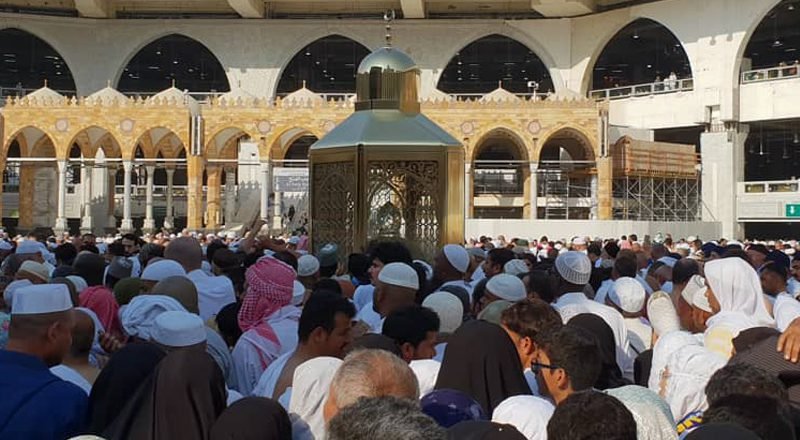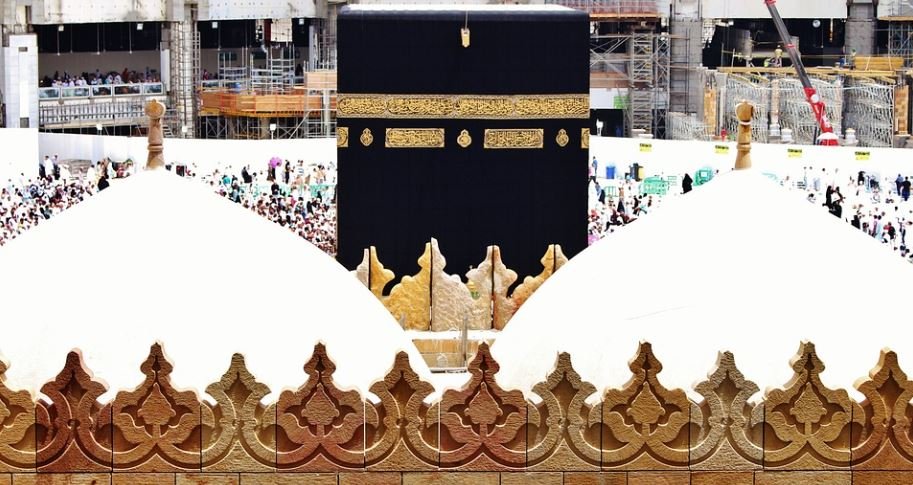Social etiquette is important for any thriving society. What are Islamic manners and etiquette? How important is it for a Muslim to behave in a socially responsible manner? Does a Muslim fulfill his duty towards Allah by offering prayers and keeping fasts but not behaving nicely with fellow beings? Let’s read to find out.
Islamic Manners and Etiquette
Islam is not a religion limited to worship and prayer. Islam is a complete code of life. The Holy Quran and the exemplary life of Prophet Muhammad (PBUH) teach Muslims the manners and etiquette for social interactions. Such concepts form the basis of a progressive society. Islam gave this code of conduct hundreds of years ago when the whole world was plunged into the darkness of ignorance and justice in Islam.
Social Etiquette of a Muslim
Islam lays great stress on the social etiquette of a Muslim. Firstly a Muslim should greet the other by saying “Assalam o Alaikum wa Rehmatullahi wa Barakatuhu”. This is a comprehensive prayer that means sending peace and blessings to the other person. Prophet Muhammad (PBUH) taught Muslims to greet one another whenever they meet or enter the house.
The social etiquette of a Muslim does not allow him to speak ill of someone in his absence. Backbiting is a grave sin in Islam. Even if someone has to say something impolite to the other, do not embarrass the person, especially in front of people.
When someone enters a room, Islam teaches a Muslim to keep a welcoming behavior towards him. Make the person feel like a part of the gathering.
Rumor-mongering is strictly prohibited in Islam. Islam teaches believers to first authenticate news and then spread it. This is an important social etiquette in today’s world where social media gives absolute freedom of speech. However, in Islam, freedom comes with a responsibility.
Islam teaches Muslims to be especially kind towards the needy and weak people in society. They must take care of orphans, the weak, the elderly, and women. They must behave politely with them and not usurp their rights. There is grave punishment for those who usurp the rights of orphans.
In Islam, neighbors are considered an important part of society. Holy Prophet Muhammad (PBUH) stressed fulfilling the rights of neighbors. One must ask about their well-being. They must stand by them through thick and thin. They must not pollute their area or make noise that may disturb their peace.
All these teachings show how important the social etiquette of a Muslim is.
Eating Etiquettes in Islam
Islam teaches Muslims to respect the food. It is one of the greatest blessings of Allah that nourish us. Moreover, men work hard to earn money and women work hard to prepare food. Hence, one should respect the food on the table.
Eating etiquette in Islam teaches us that we must wash our hands before we sit to eat. This protects us against illness too. We must start food by the name of Allah. Muslims eat food with the right hand. One of the food etiquette is to chew and eat food properly. Science proves that it is very beneficial for our health too aiding in digestion.
Islam teaches Muslims to be grateful for whatever they have to eat. Even if you do not like your food, eat it patiently without complaining. Allah does not like those who frown at the dining table looking at food.
After completing the meal, one must say Alhamdulillah to thank Allah. All the teachings of Islam focus on humility, gratitude, and positivity.
Manner and Etiquettes in the Quran
Allah says in the Holy Quran to be kind towards creatures on Earth.
“They are those who donate in prosperity and adversity, control their anger, and pardon others. And Allah loves the good-doers.” (3:134)
Those who fail to comply with Islamic manners and etiquette face Allah’s wrath. The example of Korah in the Quran tells us how severe the punishment is for those who behave arrogantly towards people.
“Indeed, Korah was from the people of Moses, but he behaved arrogantly towards them. We had granted him such treasures that even their keys would burden a group of strong men. Some of his people advised him, “Do not be prideful! Surely Allah does not like the prideful.” (28:76)
Allah disapproves of those who call others by name or mock them. Islam says everyone is equal in the eyes of Allah, except for those who have a higher status due to piety. Hence one should look down upon anyone.
“O believers! Do not let some men ridicule others, they may be better than them, nor let some women ridicule other women, they may be better than them. Do not defame one another, nor call each other by offensive nicknames. How evil it is to act rebelliously after having faith! And whoever does not repent, it is they who are the true wrongdoers.” (49:11)


